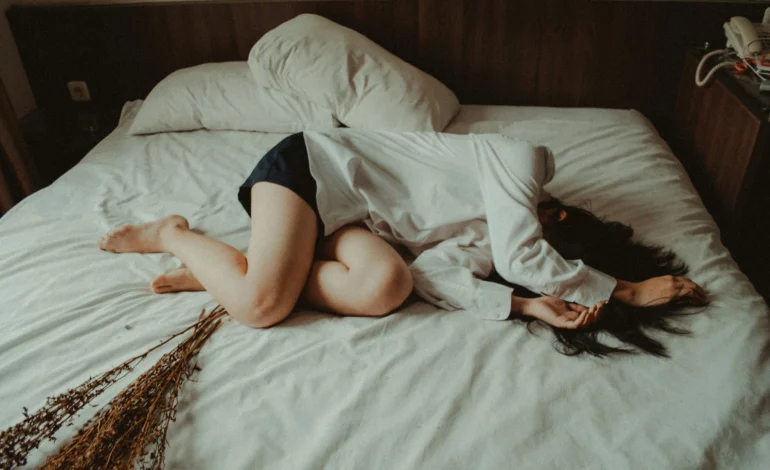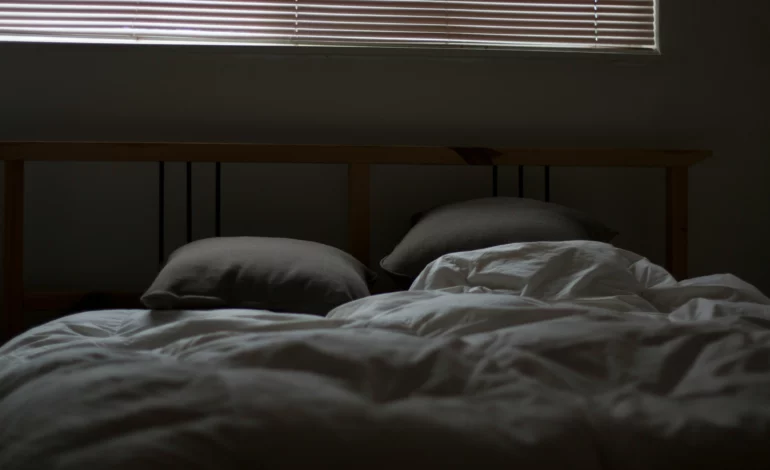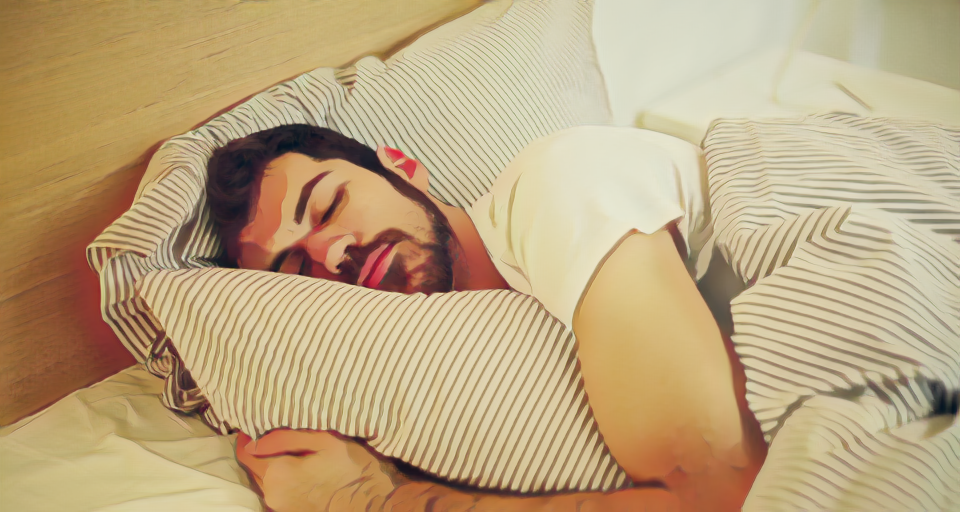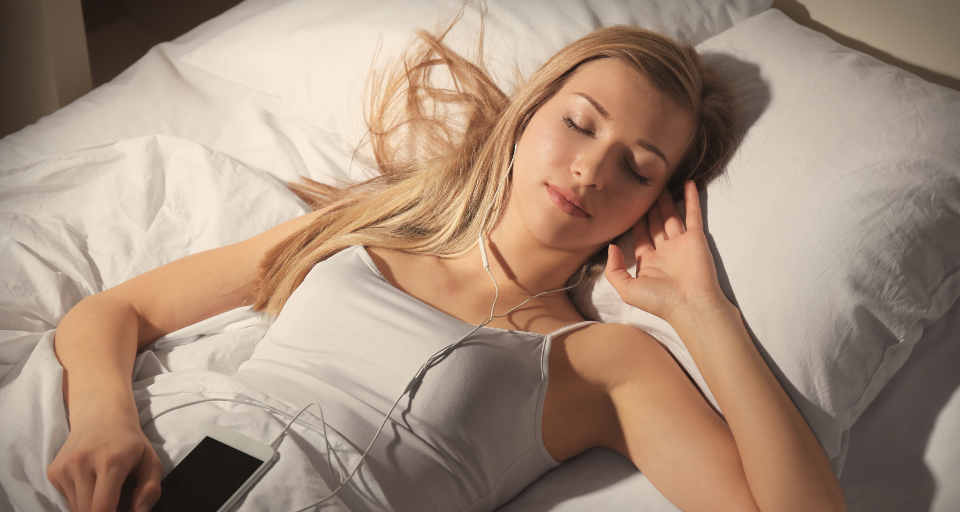
In today’s digital age, blue light has become a ubiquitous part of our lives. It emanates from our smartphones, tablets, computers, and LED lighting, often filling our evenings with a harsh glow. But what exactly is blue light, and why does it have such a detrimental effect on our sleep? Let’s delve into the science behind blue light and its impact on our sleep patterns.
Understanding Blue Light
Blue light is a segment of the visible light spectrum, with a wavelength between approximately 400 to 495 nanometers. It is one of the shortest and highest-energy wavelengths visible to the human eye. Blue light is naturally present in sunlight, which plays a crucial role in regulating our circadian rhythms, or internal body clocks.
The Role of Blue Light in Nature
In natural settings, blue light is beneficial. During the day, exposure to blue light from the sun helps maintain alertness, boosts mood, and enhances cognitive functions. It also plays a significant role in regulating the sleep-wake cycle by controlling the production of melatonin, a hormone that induces sleep.
Artificial Blue Light and Its Proliferation
While natural blue light is essential for our well-being, artificial blue light has become a pervasive issue. The widespread use of digital devices and energy-efficient lighting means that we are now exposed to blue light long after the sun has set. This artificial exposure can disrupt our circadian rhythms and interfere with our sleep.
How Blue Light Affects Sleep
Melatonin Suppression
The primary way blue light affects sleep is by suppressing the production of melatonin. Normally, melatonin levels rise in the evening, signaling to your body that it’s time to wind down and prepare for sleep. However, exposure to blue light in the evening tricks your brain into thinking it’s still daytime, thereby reducing melatonin production and making it harder to fall asleep.
Disruption of Circadian Rhythms
Circadian rhythms are the natural, internal processes that regulate the sleep-wake cycle and repeat roughly every 24 hours. Blue light exposure in the evening disrupts these rhythms by shifting the timing of melatonin release, leading to delayed sleep onset and shorter overall sleep duration. This disruption can result in a misalignment of the body’s internal clock, causing difficulties in maintaining consistent sleep patterns.
The Long-Term Impact on Health
Chronic exposure to blue light at night can have several long-term health consequences. Poor sleep quality and sleep deprivation are linked to a range of health issues, including:
- Increased Risk of Chronic Conditions: Insufficient sleep is associated with a higher risk of developing conditions such as obesity, diabetes, cardiovascular disease, and certain types of cancer.
- Mental Health Problems: Persistent sleep disruption can contribute to mental health issues, including depression and anxiety.
- Impaired Cognitive Function: Lack of sleep negatively impacts cognitive functions such as memory, attention, and decision-making abilities.
Mitigating the Effects of Blue Light
To minimize the adverse effects of blue light on sleep, consider adopting the following strategies:
- Limit Screen Time Before Bed: Try to avoid screens at least one to two hours before bedtime.
- Use Blue Light Filters: Many devices now come with built-in blue light filters, or you can use apps that reduce blue light emission from screens.
- Opt for Warm Lighting: In the evening, use lighting that emits warmer hues rather than cool, blue-toned lights.
- Wear Blue Light Blocking Glasses: These glasses can filter out blue light, reducing its impact on melatonin production.
- Create a Sleep-Conducive Environment: Ensure your bedroom is dark, cool, and quiet to promote better sleep.
Blue light, while beneficial during the day, can significantly disrupt sleep when encountered during evening hours. By understanding the effects of blue light and taking steps to mitigate its impact, you can protect your sleep quality and overall health. Adopting healthier habits around light exposure will help ensure that you get the restful sleep you need to thrive in today’s digitally driven world.
Disclaimer: this article does not constitute either medical or any other type of advice. The article contains the author’s personal opinion and personal conclusions and observations. If you have sleep problems or interested in other issues related to it, it is better to consult medical expert e.g. your doctor etc.









